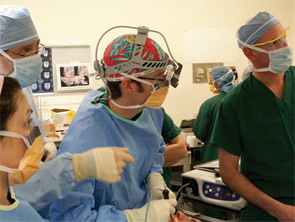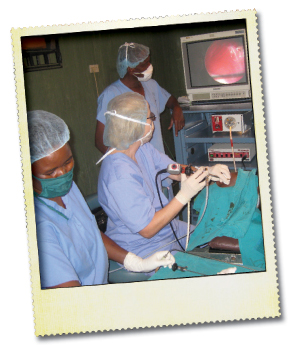On July 1, after five years in the department of otolaryngology-head and neck surgery at the University of California, San Francisco (UCSF) Medical Center, most recently as chief resident, Matthew Russell, MD, is joining the faculty there as an assistant professor. Normally, that career arc is not nationally noteworthy.




